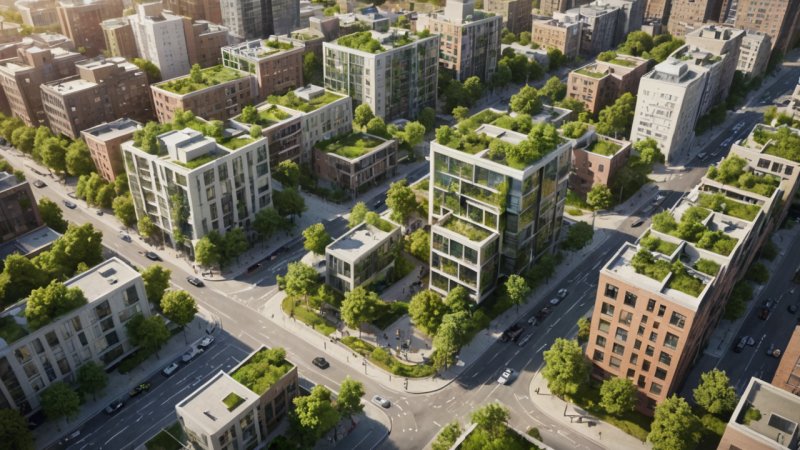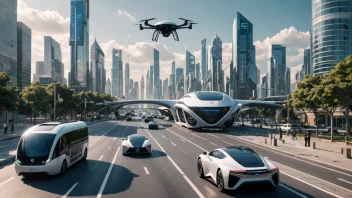What are the main challenges of urbanization?
Urbanization presents various challenges, including overcrowding, pollution, inadequate infrastructure, and social inequality. As more people migrate to cities, these issues become increasingly pressing, requiring innovative solutions from researchers across multiple disciplines.
How is research helping to manage urban overcrowding?
Research is exploring various strategies to alleviate overcrowding, such as improving public transportation systems, promoting mixed-use developments, and implementing smart city technologies. These approaches aim to enhance the efficiency of urban spaces and ensure that resources are allocated effectively.
What role does technology play in urban planning?
Technology is integral to modern urban planning. Geographic Information Systems (GIS), big data analytics, and modeling software are used to visualize urban growth patterns and predict future needs. This data-driven approach allows planners to make informed decisions that support sustainable urban development.
How is environmental research addressing urban pollution?
Environmental research focuses on understanding the sources and impacts of urban pollution, including air and water quality degradation. Studies are being conducted to develop cleaner technologies, enhance waste management practices, and promote green spaces in cities to mitigate pollution effects.
What are some social science insights into urbanization?
Social scientists study the impact of urbanization on communities, including issues of displacement, gentrification, and access to services. Their research helps identify marginalized groups and informs policies aimed at ensuring equitable urban development.
How is urbanization affecting public health?
Urbanization can lead to public health challenges, including increased rates of chronic diseases and mental health issues. Research in this area focuses on identifying health disparities, improving access to healthcare, and designing urban environments that promote physical activity and wellbeing.
What are the economic implications of urbanization?
Urbanization has significant economic implications, including job creation, increased productivity, and economic growth. However, it can also lead to economic inequality. Research is being conducted to understand these dynamics and develop policies that foster inclusive economic development in urban areas.
What innovative solutions are being proposed for urban sustainability?
Innovative solutions for urban sustainability include green building practices, renewable energy integration, and sustainable transportation options. Researchers are testing these solutions in pilot projects to assess their effectiveness and scalability.
How can citizens contribute to addressing urban challenges?
Citizens can play an active role in addressing urban challenges by participating in community planning, advocating for sustainable policies, and engaging in local initiatives. Public involvement is crucial for ensuring that urban development meets the needs of all residents.
What is the future of urban research?
The future of urban research will likely focus on resilience and adaptability in the face of climate change and other global challenges. Researchers will continue to explore interdisciplinary approaches to create livable, sustainable cities for future generations.
In conclusion, urbanization presents complex challenges that require collaborative efforts from researchers, policymakers, and citizens. By leveraging research across various fields, we can develop effective strategies to create more sustainable and equitable urban environments.






